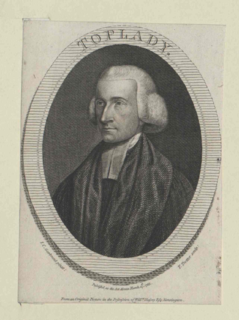A Quote by Benjamin Franklin
If I knew a miser, who gave up every kind of comfortable living, all the pleasure of doing good to others, all the esteem of his fellow-citizens, and the joys of benevolent friendship, for the sake of accumulating wealth. Poor man, said I, you pay too much for your whistle.
Related Quotes
It is pleasure that lurks in the practice of every one of your virtues. Man performs actions because they are good for him, and when they are good for other people as well they are thought virtuous: if he finds pleasure in helping others he is benevolent; if he finds pleasure in working for society he is public-spirited; but it is for your private pleasure that you give twopence to a beggar as much as it is for my private pleasure that I drink another whiskey and soda. I, less of a humbug than you, neither applaud myself for my pleasure nor demand your admiration.
We are spirits. That bodies should be lent us while they afford us pleasure, assist us in acquiring knowledge or in doing good to our fellow-creatures, is a kind of benevolent act of God. When they become unfit for these purposes and afford us pain instead of pleasure, instead of an aid become an encumbrance and answer none of these intentions for which they were given, it is equally kind and benevolent that a way is provided by which we get rid of them. Death is that way.
You obviously don't know what an Old Man of the Sea great wealth is. It is not a fat purse and time to spend it. Its owner finds himself beset on every side, at every hour, wherever he goes, by persistent pleaders, like beggars in Bombay, each demanding that he invest or give away part of his wealth. He becomes suspicious of honest friendship--indeed honest friendship is rarely offered him; those who could have been his friends are too fastidious to be jostled by beggars, too proud to risk being mistaken for one.
It is not enough merely to exist. It's not enough to say, "I'm earning enough to support my family. I do my work well. I'm a good father, husband, churchgoer." That's all very well. But you must do something more. Seek always to do some good, somewhere. Every man has to seek in his own way to realize his true worth. You must give some time to your fellow man. Even if it's a little thing, do something for those who need help, something for which you get no pay but the privilege of doing it. For remember, you don't live in a world all your own. Your brothers are here too.
When you teach a man to hate and fear his brother, when you teach that he is a lesser man because of his color or his beliefs or the policies he pursues, when you teach that those who differ from you threaten your freedom or your job or your family, then you also learn to confront others not as fellow citizens but as enemies...
No man, however benevolent, liberal, and wise, can use a large fortune so that it will do half as much good in the world as it would if it were divided into moderate sums and in the hands of workmen who had earned it by industry and frugality. The piling up of estates often does great and conspicuous good.... But no man does with accumulated wealth so much good as the same amount would do in many hands.
































